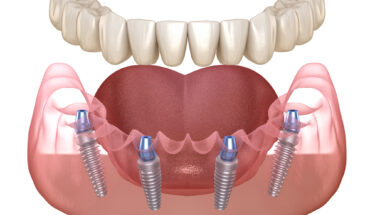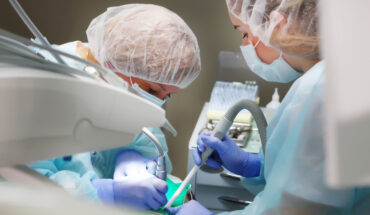
Many indigenous populations face disparities in oral health due to socio-economic or geographical disadvantages. According to historical facts, indigenous communities originally had better oral health, but that is not the same with the contemporary population. Factors like poverty, lack of education, unemployment, and inadequate housing have deteriorated the oral health sector. However, higher education institutions and accrediting authorities acknowledge the need to integrate indigenous culture into the dentistry curriculum to address the disparities. Let us look at strategies to welcome more indigenous people into dentistry.
By improving practice
All health practitioners are supposed to initiate reforms into their practice and systematically drive the implementation of changes to solve issues in the profession. Dentists are welcoming more indigenous people into the profession to improve dentistry by helping interns become culturally competent upon graduation. For instance, dentists welcoming both indigenous staff and patients help strengthen the indigenous cultural competency in dentistry. This helps improve dental access and overcome dental workforce shortages in indigenous communities.
Training oral health professionals
Training oral health professionals other than dentists also helps in improving oral health among indigenous communities. These professionals can broaden the dentist’s ability to provide care, especially on good oral health practices and the prevention of dental problems. In many instances, many patients have reported benefiting from the specialized care provided by oral health professionals.
There are several benefits of training oral health professionals. First, the dentists can focus on complex dental procedures and treatment planning. Secondly, dental care and service delivery become team-oriented. Thirdly, more focus is placed on preventing dental issues and oral health promotion. For instance, dental hygienists and therapists play a crucial role in spreading community-based oral hygiene promotion and prevention programs such as regular application of topical fluoride varnish in indigenous kids with higher risks to dental cavities.
Outreach training programs
Today, outreach training programs are a vital part of the dental curriculum globally. They intend to encourage dental students to practice in indigenous communities. The programs are meant to address the existing disparities in providing oral health services, such as workforce shortage in rural communities and other remote areas. The students gain valuable experience in remote and rural indigenous oral health, and the involved people can access quality oral health care. Many suggest that social media can help make the indigenous communities aware of oral healthcare but is social media helping indigenous people or not? Although these methods of acculturation and education are time-consuming, they result in more effective and sustainable dental service delivery to indigenous people.
Incorporation of some traditional practices into oral healthcare
Another way of encouraging indigenous people to join the dentistry profession is by incorporating some traditional practices into oral healthcare. This is possible because traditional dental practices are socially acceptable, easily accessible, and part of an indigenous population’s cultural heritage. Many of them suggest that western medicine has numerous challenges in regards to affordability and social acceptance. Since many traditional dental practices are scientifically accepted, the two fields can collaborate.
Actions, Not Just Research & Plans
To improve indigenous competence in dentistry, particularly students and academics, require an educational and philosophical approach. The plan is to work with the indigenous communities and dental schools to understand what hinders dentistry as a profession among their communities. But a plan is not enough – actions like the below are vital:

Grants for Indigenous Dental Students
The ADA will be awarding 5 students of Aboriginal or Torres Strait Islander descent with study grants of $5,000 to help address the prevalence of oral disease among Indigenous Australians.
Five grants, each worth $5000, are awarded each year.
Eligible applicants must:
• Be of Aboriginal or Torres Strait Islander descent or identify as being from that background and are accepted as such by that community where they live; and
• Be enrolled as full-time students in an Australian undergraduate or graduate entry dental degree immediately leading to registration as a dentist and must have completed at least the first year of that degree.
• Please note that grants are not open to those students who are enrolled in degree courses to qualify as a dental hygienist, dental therapist, oral health therapist, and/or dental prosthetists.
Applications and information about grant terms and conditions can be obtained from the Deans of the dental schools or by downloading the following documents below.
Successful applicants will be selected by a panel appointed by ADA. Award recipients will be required to provide a report of 500 words to the ADA about how they used the grant.
Grant applications open Monday 18 January 2021 and close on COB Wednesday 31 March 2021.
To find out more and apply visit: ada.org.au/Indigenousgrants




